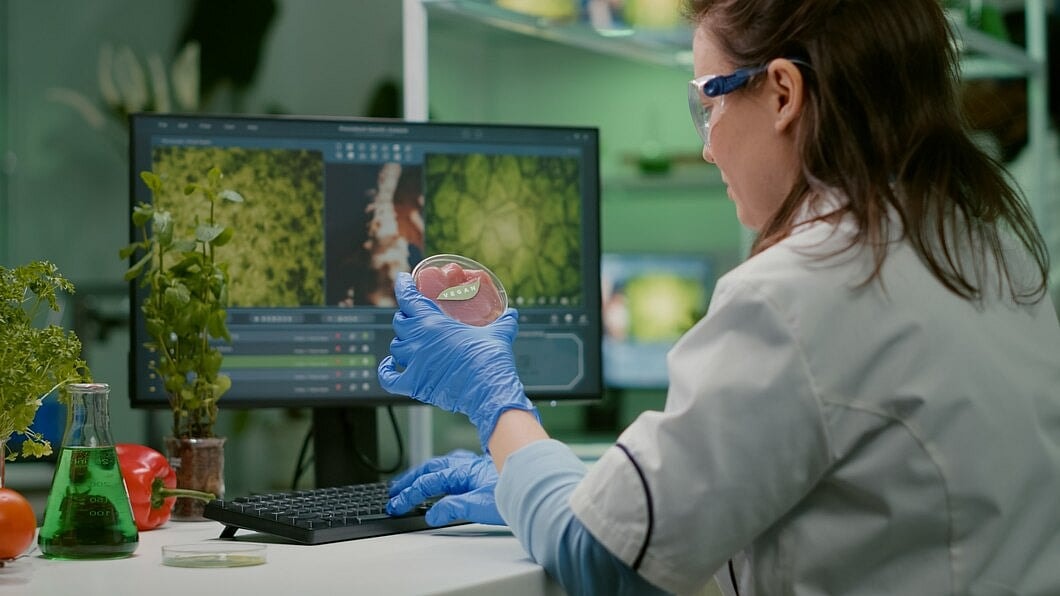US Federal News Bureau
NSF Launches $70 Mn Program to Bridge Gap Between AI And Bioscience Research
This encompasses a range of fields such as biological sciences, geosciences, biomaterials, chemical biology, and bioengineering.
Written by: CDO Magazine Bureau
Updated 6:27 PM UTC, Thu September 5, 2024

Representative image by DC Studio on freepik.
The National Science Foundation (NSF) has dedicated over $70 million to a groundbreaking initiative called the BioFoundries program–aimed at bridging the gap between artificial intelligence and bioscience research, Govexec reported.
The program will fund five distinct projects, bringing together cutting-edge facilities and equipment with researchers to drive innovation in the U.S. bioeconomy.
This encompasses a range of fields such as biological sciences, geosciences, biomaterials, chemical biology, and bioengineering. Research areas include using AI to help develop RNA molecules and delivery vehicles; protein design and cellular engineering and development; and microorganism research, among others.
The awarded projects will utilize AI and machine learning to manage and analyze extensive data sets, facilitating the modeling and scaling of new advancements.
“Our main goal is really advancing our competitiveness and growing the bioeconomy for these programs. We would like to see large numbers of use-inspired AI, ML protein designs from all around the United States with many different applications and, more importantly, we want to create this robust and independently supported protein design and characterization tools, and we want it to be widely used by startups, industry and academia,” Sridhar Raghavachari, NSF’s program officer for Biological Centers, Facilities and Additional Research Infrastructure Cluster told the press.
Earlier this year, it was reported that NSF was initiating trials for an AI chatbot for grant opportunities, to refine future applications of the technology.
Dorothy Aronson, the agency’s Chief AI Officer, said that the chatbot aims to streamline the NSF grant search process. By leveraging user inputs regarding their identity and research interests, it furnishes information on relevant grants and addresses inquiries about the application procedure.


